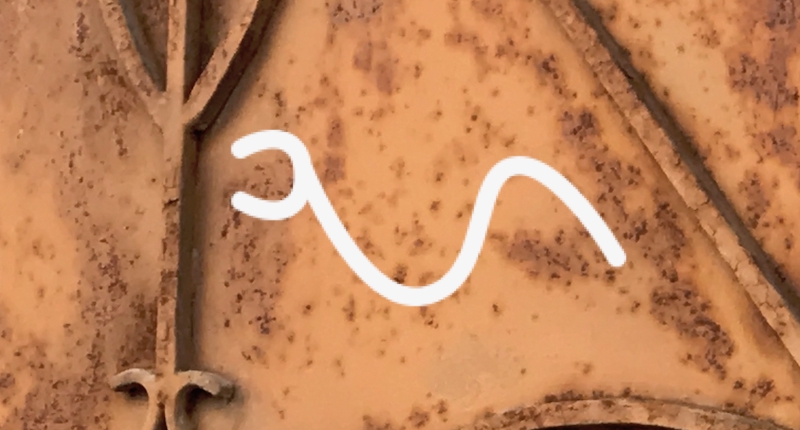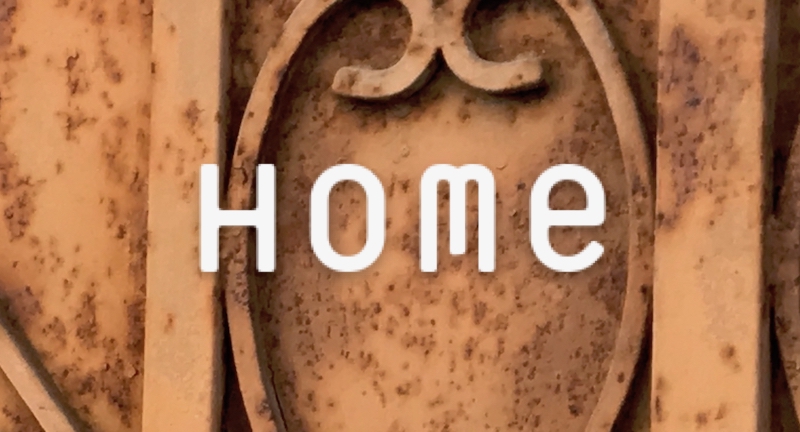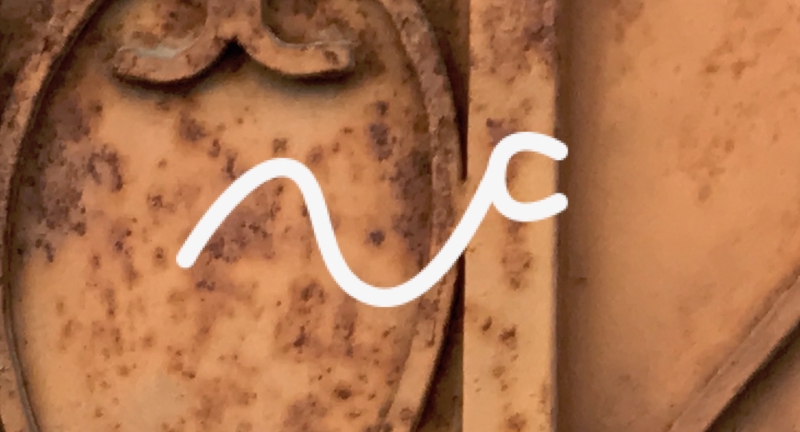In this issue, I want to explore the possibilities of the un/finished work, opening out to the theme in the most radical way. “Un/finished” will be an evolving issue which is in frequent change over the autumn - visible in part first early November 2025 and 'running' to February 2025 - at which point it will be considered ... 'Un/finished'!
My meta-thought-piece-thingummy to stimulate more ideas on the subject is here. But in practice this could be:
Work which involves nothing more to be done to it, eg
1. a submission of work which openly explores the very act of drafting, of unfinishedness, of multiplicity of finishes, of simultaneity of versions, or more ‘classically’ is about the theme, even if it doesn’t have an edgy format (!);
2. submitting a poem in multiple versions, where I publish all the versions, i.e. where you are not forced to decide/finalise;
3. submissions which claim to be terminally unfinished/-able, i.e. fragments or almost wholes where you think there's good stuff in it but can't (be arsed) or don't want to take to 'completion'
Work that implies several 'publications', eg
4. somebody submitting an unfinished poem which I publish ... with a commitment from them to provide another version or versions for me to publish by agreed dates
5. somebody submitting an unfinished poem which I publish, and then comment on (a. publicly, ie also publishing my comments, or b. in private). They then revise it (perhaps there are multiple back-and-forths) and I add subsequent versions as these emerge, so the reader can see the evolution
6. the above, but instead of me commenting, my matching someone else prepared to act as the commentator with the author (again, a choice whether to publish the 'correspondence' arising)
7. as at 4. above, but with two or more people approaching me with a pre-agreed collaboration. This could involve just one poet and other(s) as commentators, or two poets sharing each other's unfinished work back and forth, even in such a way as the poems act (however obliquely) as responses to the other's drafts
8. as at 4. above, only the unfinished work is also posted on social media with an encouragement to openly crowd-source responses and suggestions, which are also published/linked to (where constructive)
9. any individual or collaborative project you want to pitch me that engages with this theme;
10. visual work that engages with the 'un/finished' theme in any way. Or if it doesn’t engage with the theme, send it anyway. I tend to get fewer of these submissions in my audience of mostly poets, so you have a stronger chance - go for it!
+ any other related ideas that I enjoy enough to publish!
Be a different kind of participant!
11. As described at points 4-8 above, I am especially looking for people to engage and respond to work. I want to build community in the social act of ‘finishing’ or ‘progressing’. You could offer to do this alongside submitting your own work, or offer it without submitting anything. I will find various ways to credit you for this (always agreed with you)
A promise
Despite the end November 2025 date as the 'closure/launch of the final version' of the project, my commitment to you is that - for any of the above - if I accept your piece and you want to provide even later versions or edits at any time that Tentacular is still alive and under my stewardship, which I hope will be for years to come, I will do the changes!
Practicalities
Send any time from now. Look at the material on the Submit page for more details on how. I’ll look at your submission and come back to you quickly.
If I accept, the process of layout will depend on the nature of your work, my time and yours, but the aim is to have everything you want up there by end January.
Feel free to pitch ideas at any time or ask for more details.
Jonathan











